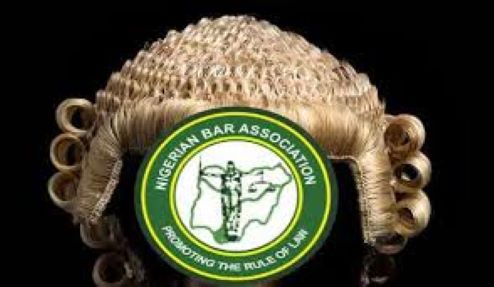In a bid to curb corruption and strengthen the rule of law, the Nigerian Bar Association (NBA) Minna Branch has set up an Anti-Corruption Committee to tackle the menace in all its forms.
Acting on the directive of the NBA National Secretariat, led by its National President, Mazi Afam Osigwe (SAN), the Minna branch inaugurated the committee during its monthly meeting held at the High Court Foyer.
The branch chairman, Barrister Isyaku Barau, tasked the committee to “hit the ground running” by addressing corruption-related issues among members and other critical stakeholders in the judiciary. According to him, this step will go a long way in enhancing the rule of law and restoring public confidence in Nigeria’s justice system.
Barau noted that without concrete and sustained efforts to tackle corruption, meaningful human development and true freedom would remain elusive. He said the NBA, by leading with integrity, could inspire the judiciary, legislature, and executive to demonstrate genuine commitment and political will in the fight against corruption.
The NBA National Executive Council had earlier constituted the National Anti-Corruption Committee, chaired by Prof. Babafemi A. Badejo, to drive a coordinated national strategy. The directive mandates that all 130 branch chairmen establish branch-level committees to work in alignment with the national body.
Chairman of the Minna Branch committee, Abdulkadir Waziri (Esq), emphasised that fighting corruption is central to upholding the NBA’s guiding motto—the rule of law. “Failure to address this scourge will breed disregard for the law,” he warned.
Waziri outlined the committee’s mandates, which include investigating and addressing corruption complaints, collaborating with anti-corruption agencies and civil society groups, developing transparency policies, and promoting accountability. The committee also plans sensitisation campaigns, training programmes, and workshops on anti-corruption laws and ethical best practices.
He further disclosed plans to engage key stakeholders, including the Independent Corrupt Practices and Other Related Offences Commission (ICPC) and other relevant agencies in the state, as well as to provide legal support for whistleblowers and victims of corruption.
By Uthman Baba-Sirajdeen, Minna


